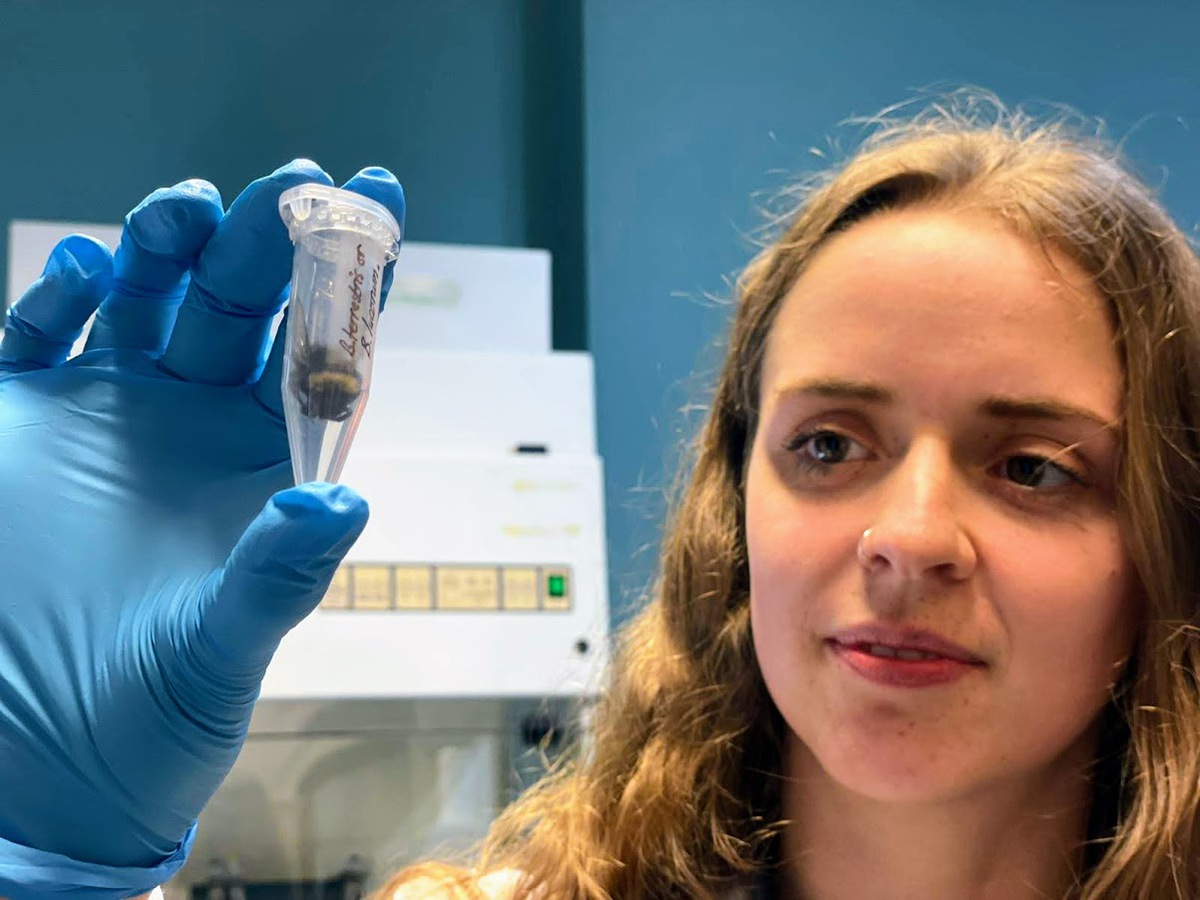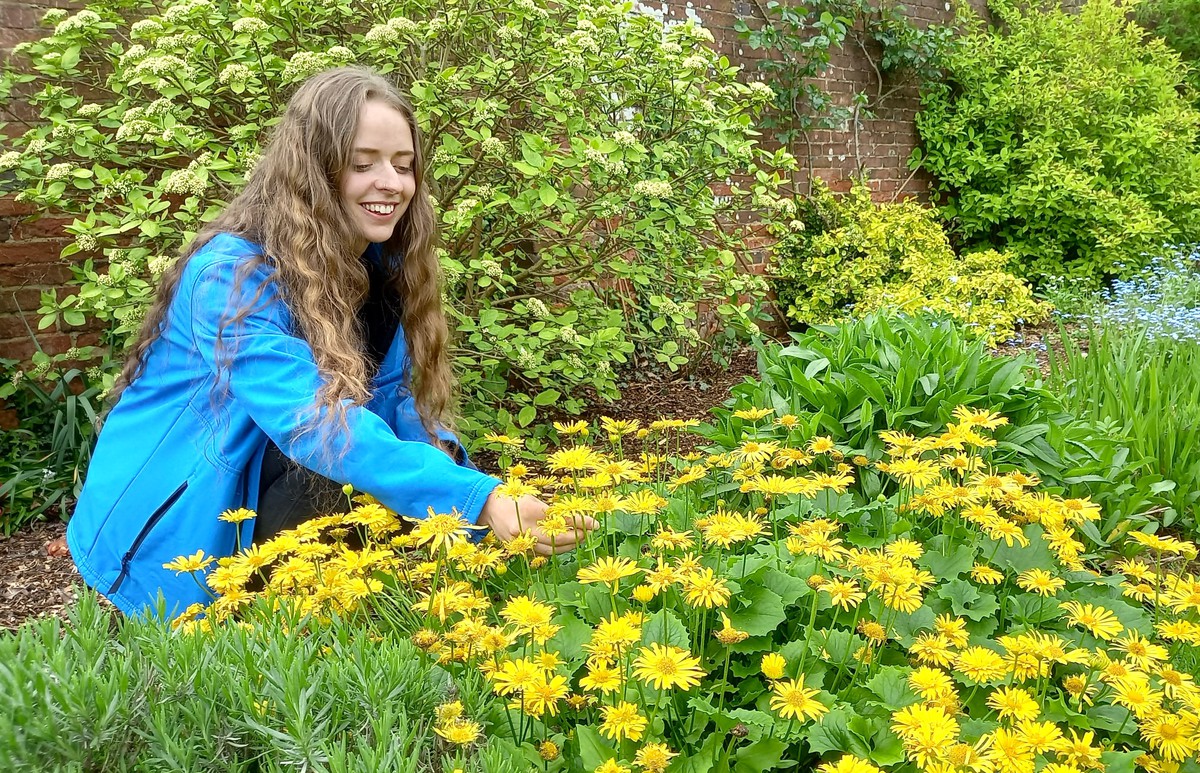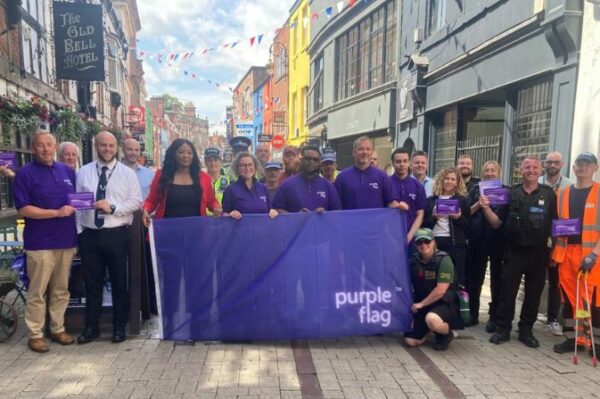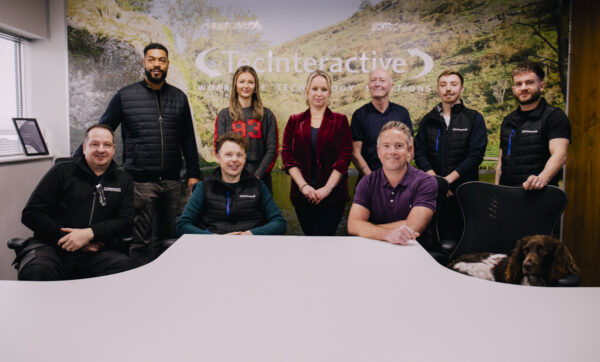Latest News | 5 June 2023
Science firm using DNA tech to help bee population

The sister company of SureScreen Diagnostics has revealed it is hoping to help the UK’s beleaguered bee population by using DNA technology.
SureScreen Scientifics, based at Morley, is believed to be the first commercial firm in the UK to use DNA analysis to identify individual species of bees, as well as wasps and hornets, from carcasses, pupae and other material left behind in their nests.
Farming, pollution, climate change and loss of habitat over the years has wreaked havoc on bees, including the much-loved bumblebee, honeybees and the 250 or so species of solitary bees that make up the UK population.

Much of the understanding of their plight depends on ecologists being able to find and identify individual insects in order to monitor their population, but while some species are easy to identify, others are more difficult.
Inevitably it is also impossible to identify an insect if there is no carcass to work from.
This is where DNA analysis comes in, because it can be used not only with the insects themselves but with material from their nests, including old pupae or larvae which failed to grow into a mature bee.
Chelsea Warner, a lab technician at SureScreen Scientifics and a self-confessed bumblebee enthusiast, is pioneering the company’s work in insect DNA analysis, which she hopes will help ecologists get a better understanding of bee behaviour and distribution and how they are surviving in the wild – and might even reveal new undiscovered species.

Chelsea, who studied bees as part of her Masters degree in conservation biology at the University of Derby and volunteers with the Bumblebee Conservation Trust, said: “With DNA analysis, identification is extremely reliable, and it has the added advantage that you don’t need an example of an actual bee in order to find evidence that it is out and about in the wild.
“I’m really looking forward to analysing more bee material, as well as that of wasps and hornets, in the future because DNA analysis is a really powerful technique and it’s really exciting.
“The more I’ve worked with bees, the more I’ve learned about them. To me they’re cute, but they do a lot for human beings in a world where things have gone too far.
“If we can use DNA technology to help understand how we can help them to help us, and maybe identify new species that have yet to be discovered, then that work could play an important role in looking after the environment in the future.”


